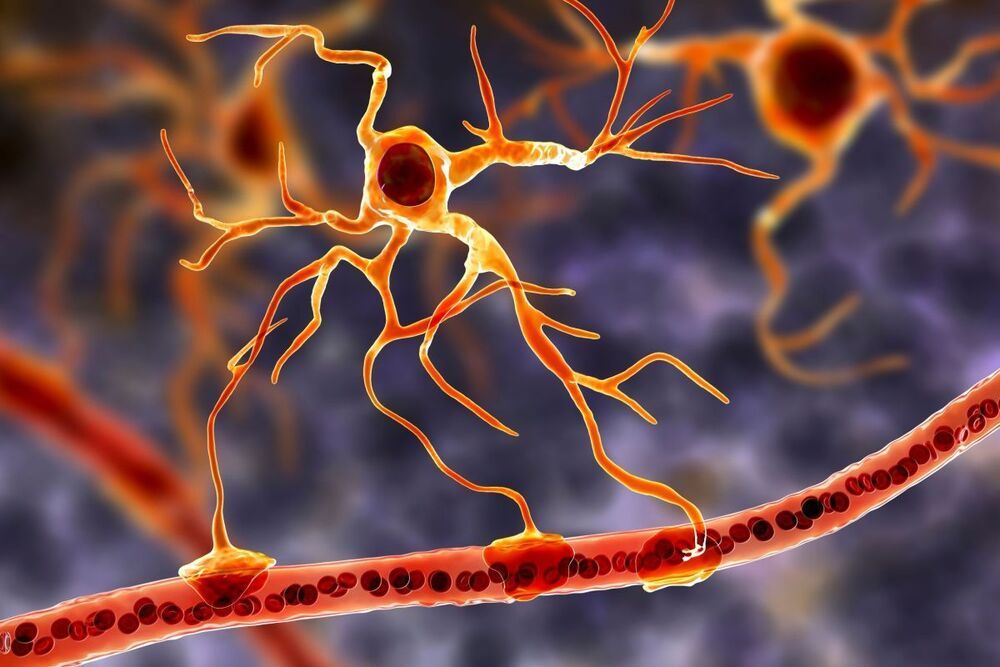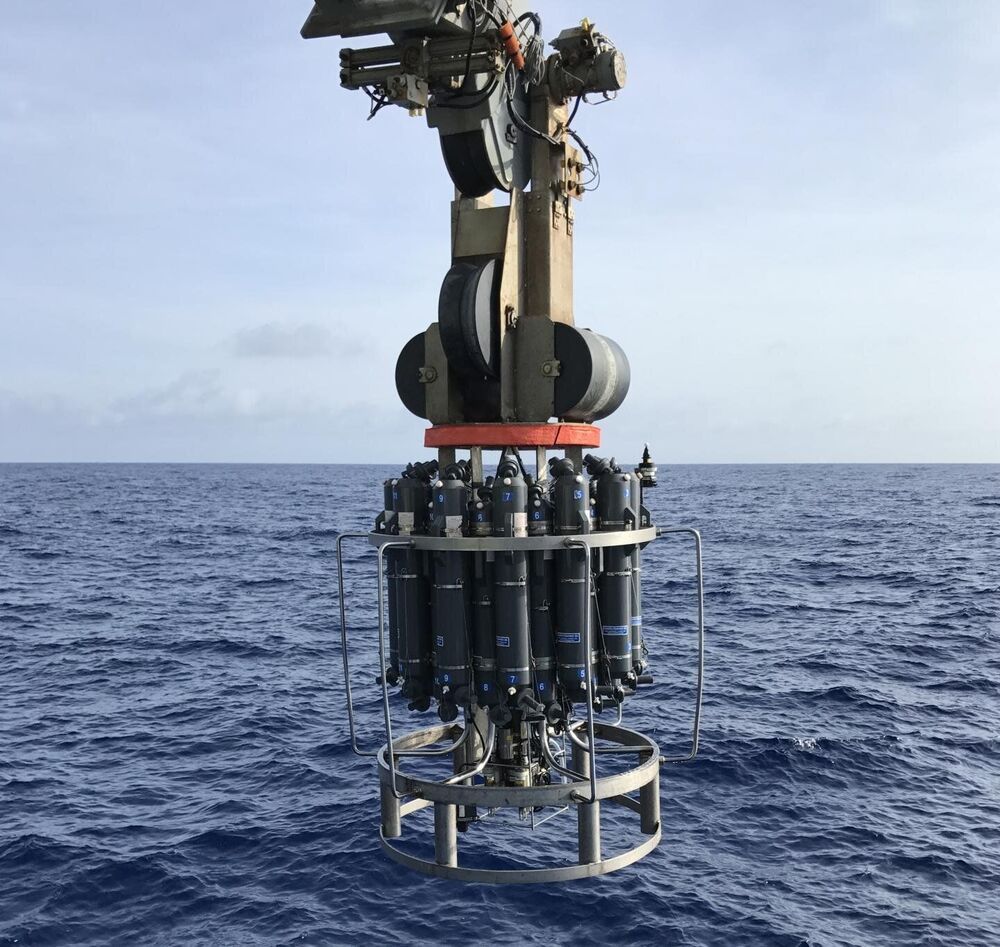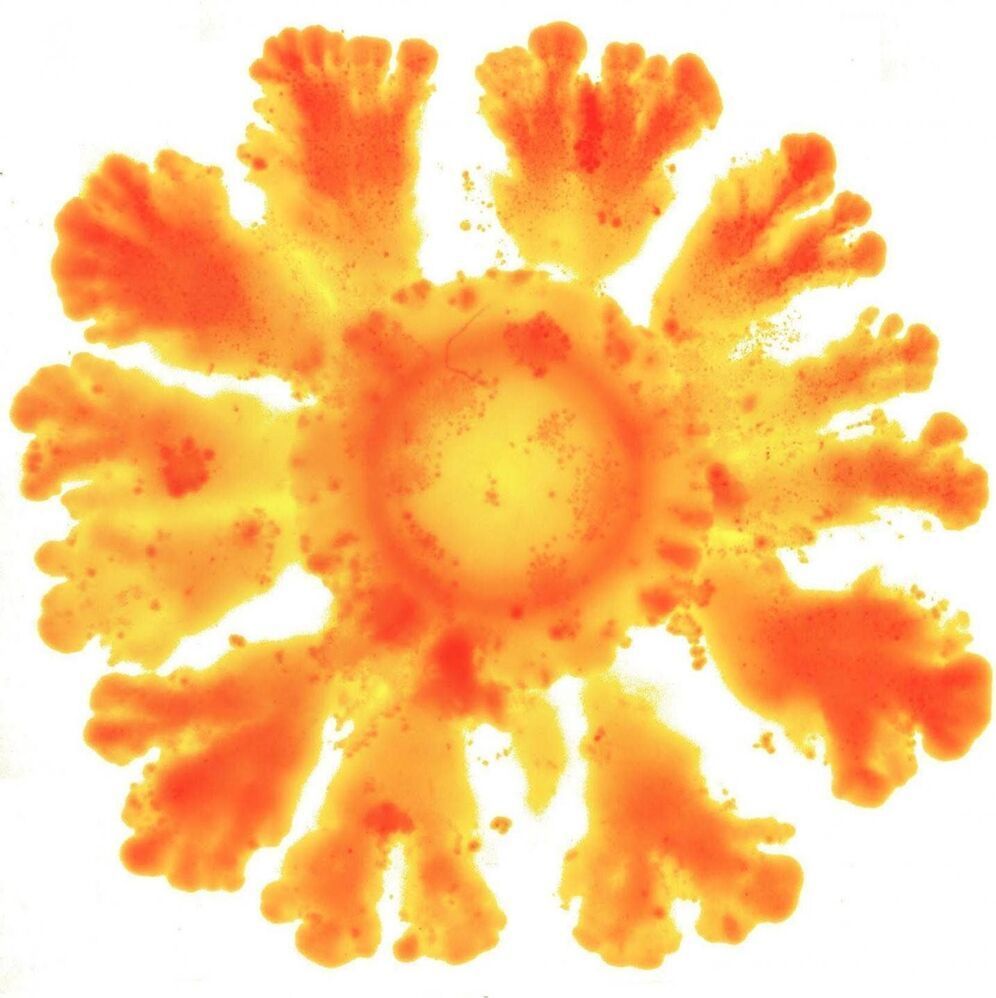Scientists get dramatically better resolution at X-ray free-electron lasers with a new technique.
Intense, ultrashort X-ray pulses from hard X-ray free-electron lasers (XFELs) can capture images of biological structures down to the atomic scale and shed light on the fastest processes in nature with a shutter speed of just one femtosecond, a millionth of a billionth of a second.
However, on these miniscule time scales, it is extremely difficult to synchronize the X-ray pulse that sparks a reaction in the sample with the follow-up pulse that observes the reaction. This problem, called timing jitter, is a major hurdle in performing these XFEL experiments with ever-better resolution.








